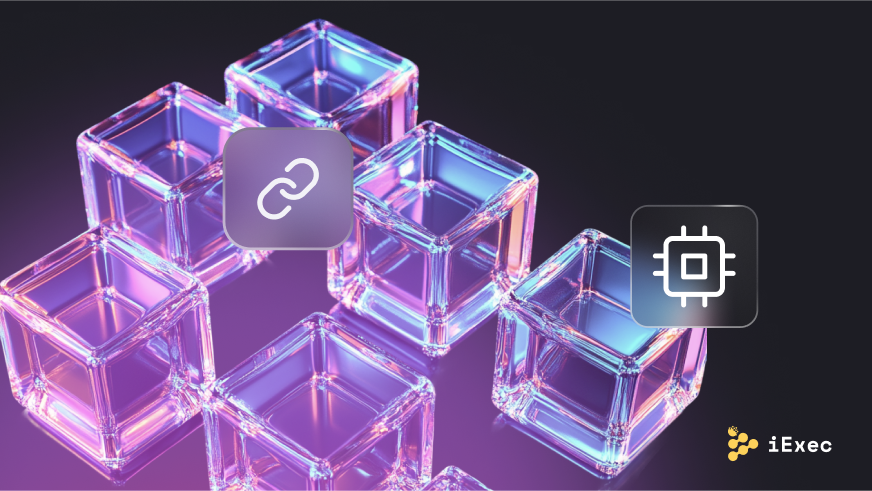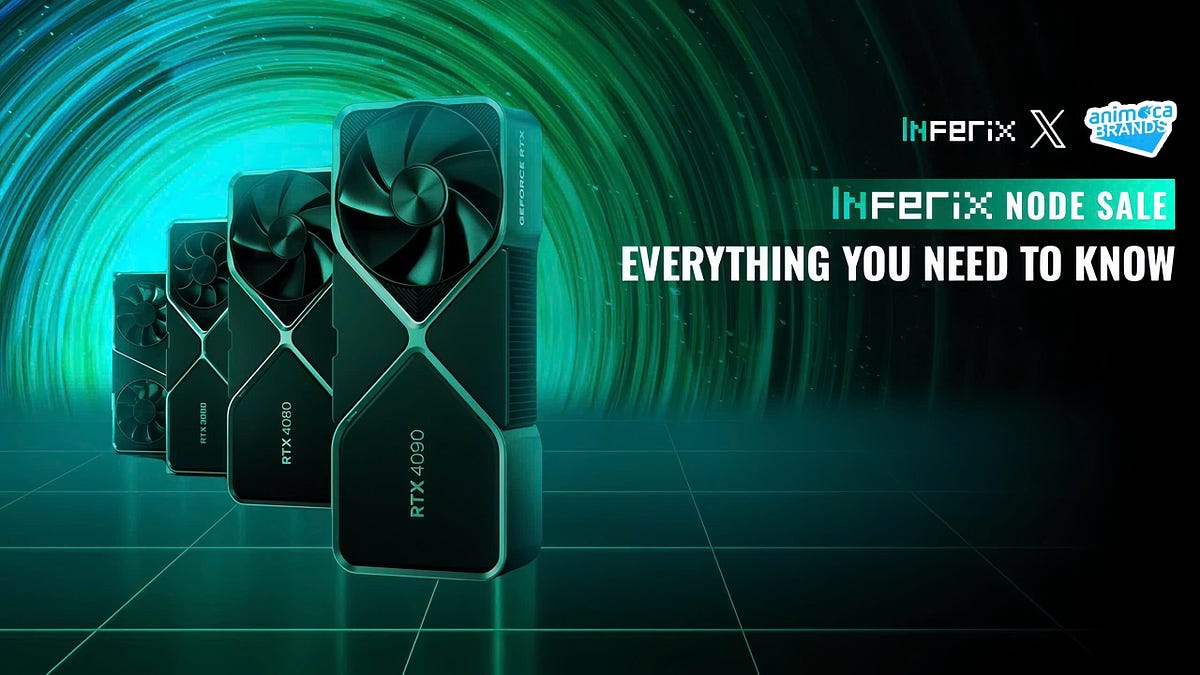DIMO Revolutionizing Car Ownership

DIMO Shifting Gears in the Automotive Industry
DIMO is making significant strides in the automotive technology sector by adding over 115,000 cars to the world’s first open mobility network. The company is focused on paving the way for a smarter, more connected car future. With upcoming game-changing releases, strategic partnerships, and innovative campaigns, DIMO aims to redefine the concept of car ownership and enhance the driving experience for the 1.5 billion cars currently on the road.
What’s on the Horizon The recent overhaul of the logo, app, and website is just the beginning. DIMO is gearing up to unveil a series of major product launches, partnerships, driving competitions, and giveaways throughout the winter, signaling a new chapter for the company. The introduction of the Global Accounts system represents a significant upgrade, offering a user-friendly alternative to traditional blockchain wallets. This system acts as a gateway to a range of car apps, fostering enhanced interoperability within the auto industry. To experience this innovation, users can download the DIMO Mobile app.
The Arrival of Next-Gen Technology DIMO is also introducing the next generation LTE R1 device, with preorders set to commence shipping on Monday. This device boasts affordability, compactness, easy installation, reliable LTE connectivity, and expanded compatibility with a wider range of vehicles within the DIMO network. For a limited time, customers can avail of a special offer using code D2ISHERE to purchase one device and get another at a 50% discount.
Driving Mass Adoption and Everyday Value As the next billion users embrace cryptocurrency, DIMO is positioned as a key player offering a real-world use case that enhances daily life. By integrating blockchain technology into the automotive sector, DIMO aims to streamline the user experience and seamlessly incorporate crypto solutions into everyday commuting. Looking ahead to 2025, expect to see exciting collaborations aimed at propelling the industry forward and setting new standards for consumer apps in the web3 era.
The Future of Car Ownership DIMO drivers are at the forefront of shaping the future of car ownership. The company invites individuals to join and participate in this transformative journey, offering opportunities to earn rewards. To stay updated on partner announcements, new product launches, and chances to win prizes, explore the D2 Era.
Related News





